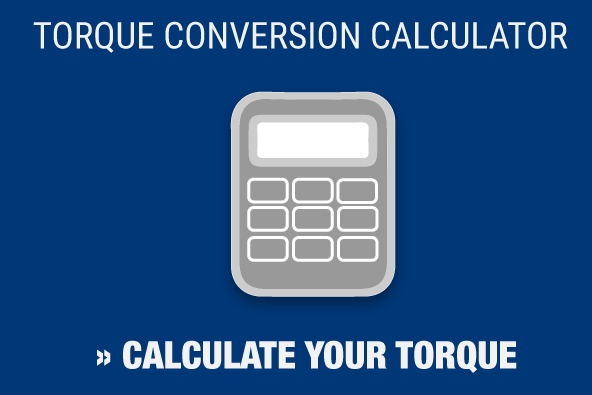Most Accurate Torque Wrench: Why Use Digital torque wrenches (DTWs)
08/09/2022 08:45 AM
When fixing a broken arm, we want to tighten the bolt as tight as possible without having a backlash. Torque measure how much force is applied to a fastener and how far you can turn it. Torque wrenches have a range of uses, from tightening small bolts on bicycles or cars to large bolts on […]



